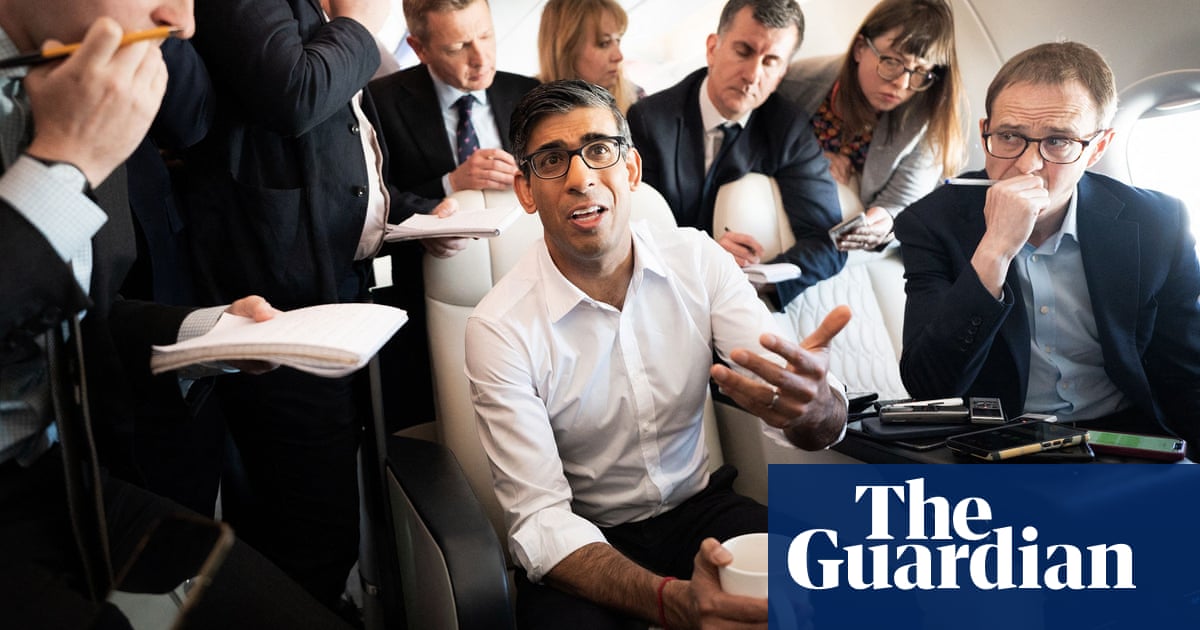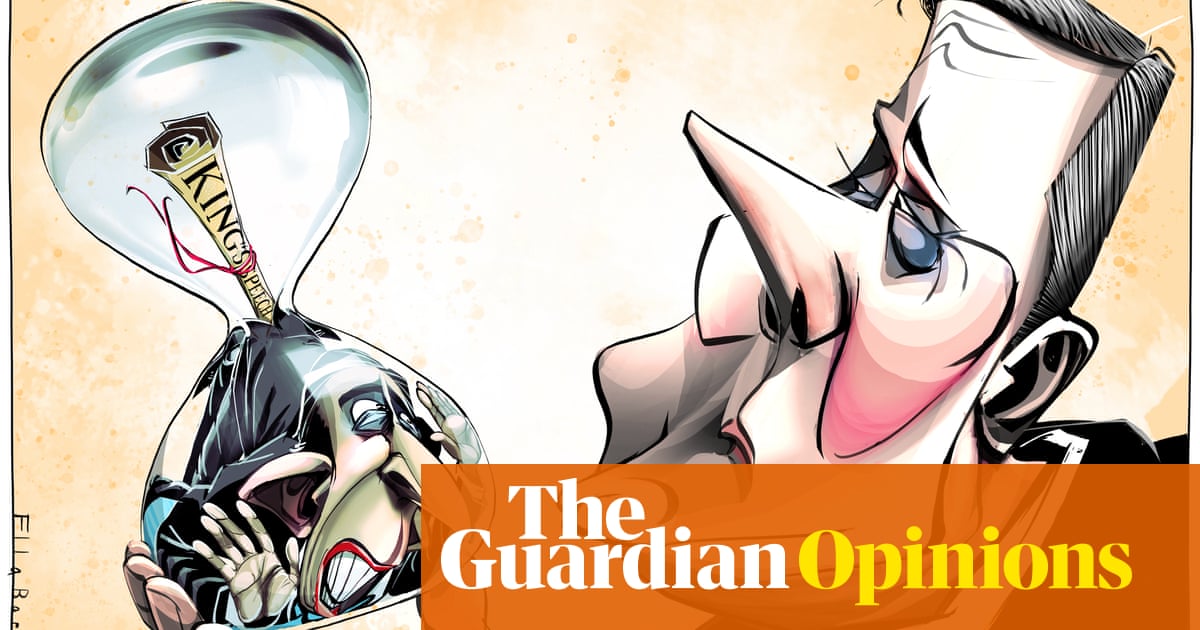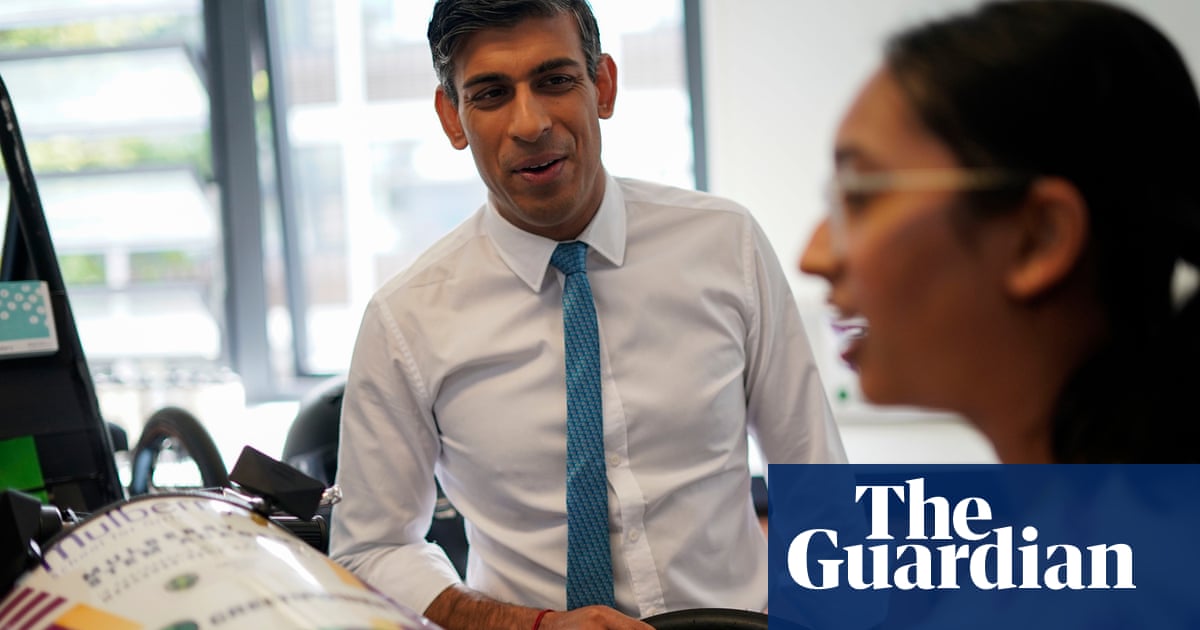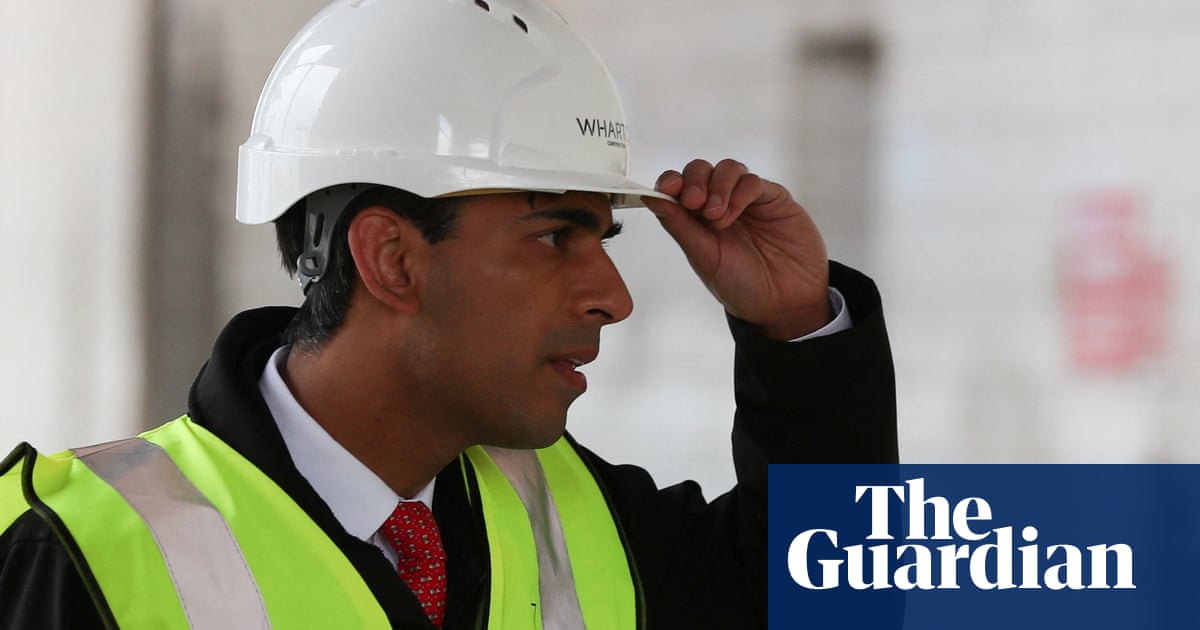
A former education recovery tsar has described the chancellor’s latest catch-up offer as “meagre” and warned that the government’s “half-hearted” deal for children was a “false economy”.
Sir Kevan Collins said he was “frustrated” and “disappointed” by the government’s continuing lack of ambition for children’s learning recovery, and that Rishi Sunak’s budget showed that education had slipped down the pecking order of priorities in Whitehall.
The former teacher resigned from his role as the government’s education recovery commissioner in June after his proposals for a £15bn long-term catch-up programme for children whose learning has been disrupted by the pandemic were scaled back to just £1.4bn by the Treasury.
Asked to comment on the additional £1.8bn for catch-up announced by the chancellor on Wednesday, he said any additional funding for education was welcome, but it still meant less than £500 of recovery funding for each child in England, compared with £1,800 in the US and £2,100 in the Netherlands.
This latest top-up means that the government has now committed close to £5bn for recovery programmes, including the national tutoring programme and funding allocated directly to schools. “It’s great to see additional money – always – in education, but it’s not enough,” Collins said.
“I’m concerned that these meagre measures reveal a failure to recognise the kind of foundational role schools play in creating fair and prosperous communities. We know the pandemic and learning loss has hit our poorest communities hardest.
“We know potentially we have wiped out all the work we did to narrow the gap and the gap is now widening between disadvantaged children and their peers. The short-term saving offered by a limited recovery programme will be dwarfed by the long-term cost of successive cohorts leaving education with lower skills.”
Collins stood by his original proposal for a £15bn investment. “I’m not naive. I understand that my job was to give advice and it’s perfectly right the government can decide whether to accept it or not. But that was the advice based on the best available evidence.”
Analysis by the Institute for Fiscal Studies found that the increases in education spending in England was lower than the increases enjoyed by other departments. While the DfE’s funding is to rise by 2.2% in real terms, the average increase across government is higher at 3.3%, with the Department of Health and Social Care receiving a 4% increase.
The new spending announced by Rishi Sunak means that, by 2024-25, a pupil spending in England will have returned to the levels last seen in 2009-10, but the IFS’s Paul Johnson noted that post-16 colleges would still be suffering a “significant squeeze” on their budgets.
“A decade and a half with no growth in spending despite, albeit insipid, economic growth is unprecedented. Spending per student in further education and sixth form colleges will remain well below 2010 levels. This is not a set of priorities which looks consistent with a long-term growth strategy,” Johnson said.
According to the IFS, spending on post-16 colleges would be 10% below funding in 2009-10 in real terms, with projected spending on sixth form colleges alone down by 23% by 2024-25, despite the government’s claims of funding a “skills revolution”.
School budgets should be able to cope with the increases in staff salaries anticipated next year, as funding a pupil rises 4% in real-terms in 2022 and then by 1% in 2023 and 2024.












